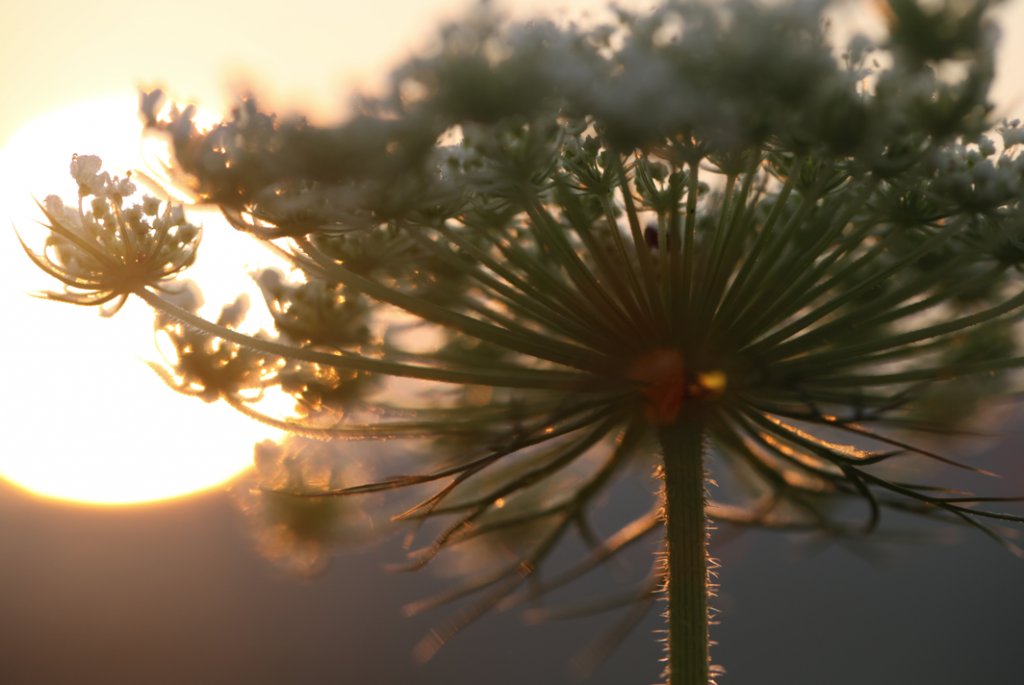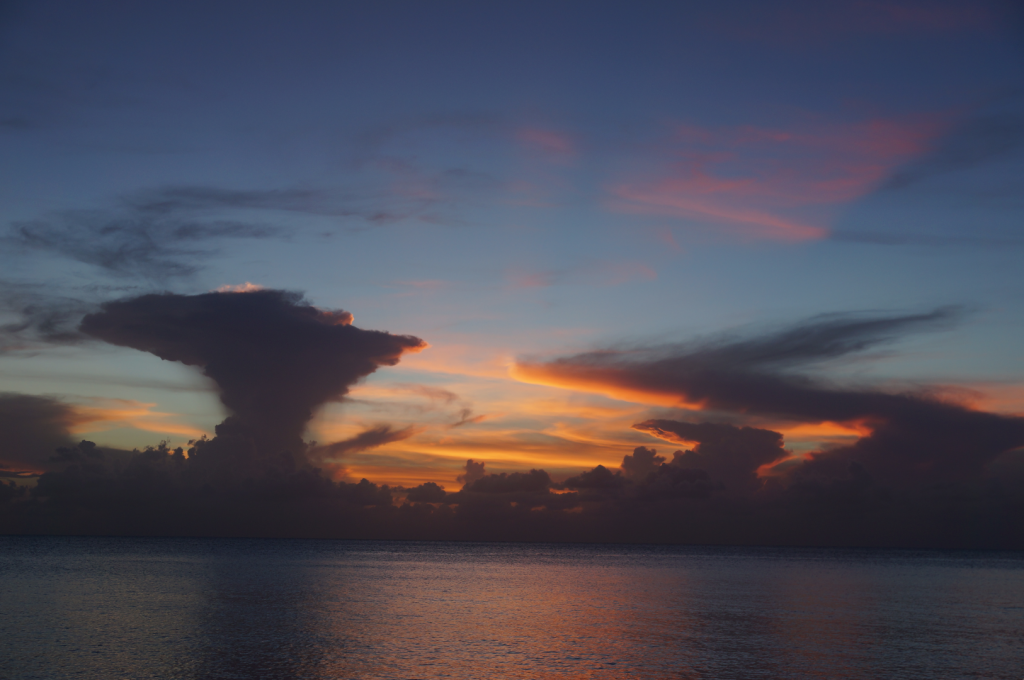Horses are mythic. They are beautiful. They are big. We revere them and we fear them. They are planted deep in our psyches, whether or not we ride or know any up close. They are there, in a field, on film, in dreams, capturing the dancing light of our consciousness, our memory, our imagination.
They also reflect us, mirror our inner state, and let us know when we are out-of-sync with ourselves. That means when your inside is rattled but you are presenting a nice calm mask, the horse will read the deception. They will get rattled too, or want to get away from you because they recognize the incoherence. Helping humans hear what horses are expressing is one way of helping with the incongruence problem. That is what I do with Embodied Horsemanship.
Most political candidates, and I am thinking of one in particular, could use some help from horses. I don’t think anyone buys the big, stiff grin or the red face or the agitated gestures even when the words are intended to be reassuring. The horse would expose that weirdness right away.
I am reading What the Dog Saw by Malcolm Gladwell right now. I bought it because of the eponymous chapter in which he talks about Cesar Milan, the dog whisperer, and Dr. Suzi Tortora, a brilliant dance therapist and movement analyst (and a former student of mine!). Gladwell observes Cesar, and then talks to Suzi about what he is doing with his movement. She points out his movement economy, clarity and honesty. Animals get it. We humans sort of get it, but are so unplugged from our own expressivity that we miss a lot. We are either not looking or looking in the wrong place.
Today I did some Tellington TTouch with Nelson. By the end of the session, his eyes were closed, his lower lip was relaxed and twitching and his whole body softened. Mine too. We were attuned, plugged in. Our brain waves had synced up – Linda Tellington and Anna Wise discovered that practitioner and recipient of TTouch both go into a state of balanced brain wave activity called “the awakened mind.”
I had a brief fantasy while watching the latest presidential debate. I wanted to have a couple of horses on stage. They would have sorted it out right away. They will be drawn to the one who is coherent and repelled by dishonesty. Equine lie detectors!


